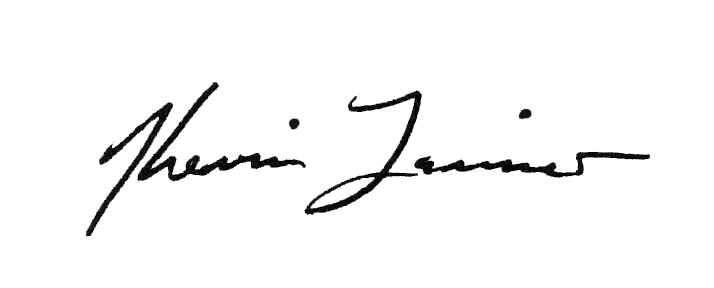Writing Past Burnout
During a vibrant reading and conversation at the 92Y Unterberg Poetry Center in November—among the first in-person poetry events at the venerable cultural center in New York City since the pandemic forced it to close its doors to the public nearly two years ago—Rita Dove discussed her latest book, Playlist for the Apocalypse, published by W. W. Norton in August. Chet’la Sebree, who introduced Dove, asked the poet how she conceives of “apocalypse” in her new book, pointing out that while the modern connotation of the word may be destruction, its Greek root is closer to revelation. “It is both,” Dove replied. “Revelations can be disastrous, but they can also be a way of building. You rip apart what you were holding fast to and then you discover new reserves in yourself. And, to me, this is exactly what we’re going through now with the pandemic.”
The theme of this, our annual Inspiration Issue, is “Writing Past Burnout,” an acknowledgment of the relentless anxiety and stress that many have been feeling for the past year and a half or so. It’s a premise closer to the twenty-first-century usage of Dove’s apocalypse than its fourteenth-century derivation, of course, but our contributors quickly remind us of the redemptive capacity of words to reveal what has been hidden. Dan Beachy-Quick summons up the destructive power of the 2020 Colorado wildfires along with the threat of the pandemic to point out the imaginative potential of paying attention: “When I feel burnt out by the damaged cares of the world, I try to remind myself to get closer to the damage, the intimate ash of one’s dearest life where a thin layer of oxygen yet remains, to breathe that air, and look around.” Lest anyone harbor doubts about the point of pushing forward with writing during such a troubling time, Crystal Hana Kim (33) reaffirms this essential act and art. “Was it worth it to play around with the order of words on a page, to create characters that didn’t exist when there was so much devastation in the world? When we were emotionally, physically, mentally drained?” she asks. “You know the answer, just as I do, or you wouldn’t be here…. It is always worth it—to search for meaning through the act of writing, to discover ourselves through our narratives, to create art by linking words together.”
This issue is filled with new perspectives and prompts to clear some space, to open up, to notice, to discover. It arrives at the end of a long year—and at the start of something entirely new. Anything is possible. What will you find? What are you going to create?







